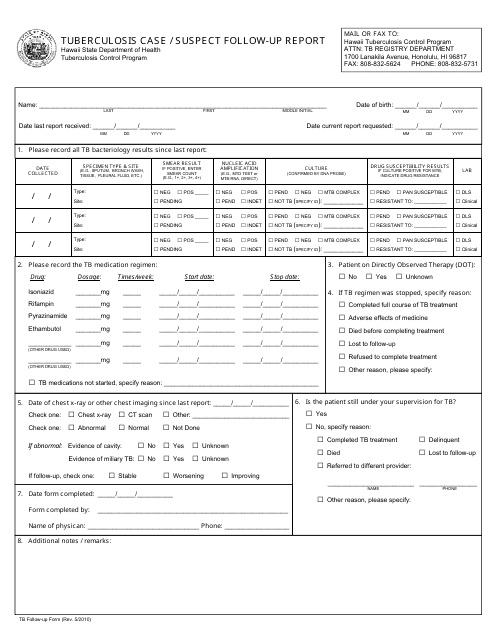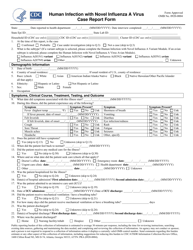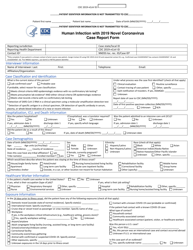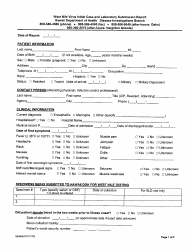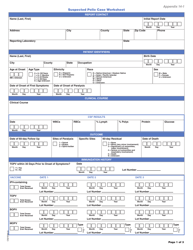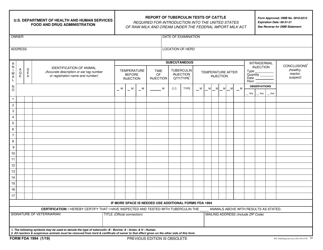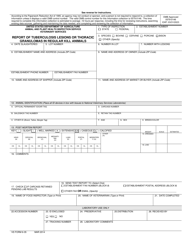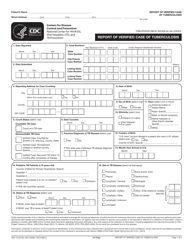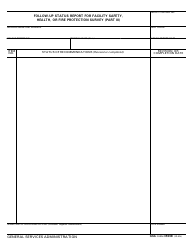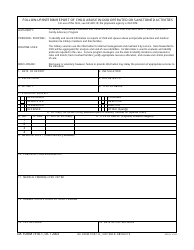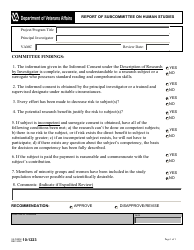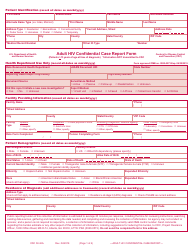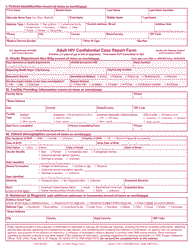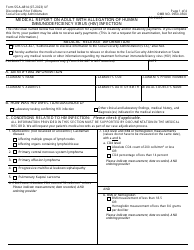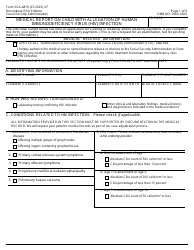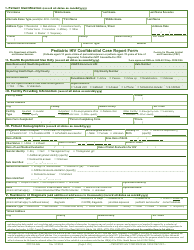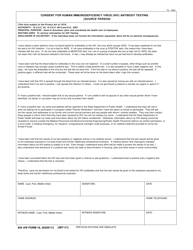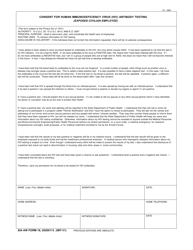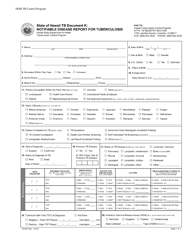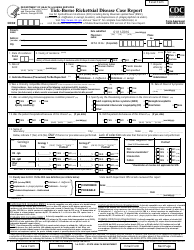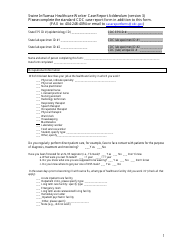Tuberculosis Case / Suspect Follow-Up Report - Hawaii
Tuberculosis Case / Suspect Follow-Up Report is a legal document that was released by the Hawaii Department of Health - a government authority operating within Hawaii.
FAQ
Q: What is the purpose of a Tuberculosis Case/Suspect Follow-Up Report?
A: The purpose of a Tuberculosis Case/Suspect Follow-Up Report is to track and monitor individuals who have been diagnosed with or are suspected of having tuberculosis in Hawaii.
Q: Who is responsible for completing the Tuberculosis Case/Suspect Follow-Up Report?
A: Healthcare providers or local health departments are responsible for completing the Tuberculosis Case/Suspect Follow-Up Report.
Q: What information is included in the Tuberculosis Case/Suspect Follow-Up Report?
A: The report includes information such as the patient's demographic details, laboratory results, treatment plans, and follow-up appointments.
Q: Why is it important to track and monitor tuberculosis cases or suspects?
A: Tracking and monitoring tuberculosis cases or suspects is important to ensure proper treatment, prevent the spread of the disease, and protect public health.
Q: Can the Tuberculosis Case/Suspect Follow-Up Report be completed by the patient?
A: No, the report is completed by healthcare providers or local health departments. The patient may provide their relevant medical information to assist in completing the report.
Q: Is tuberculosis a serious health concern in Hawaii?
A: While the overall incidences of tuberculosis in Hawaii have decreased over the years, it remains a significant health concern, especially among certain high-risk populations.
Q: What should someone do if they suspect they have tuberculosis?
A: If someone suspects they have tuberculosis, they should seek medical attention immediately. Healthcare providers can conduct tests and provide appropriate treatment if necessary.
Q: Are there any specific guidelines for tuberculosis testing and treatment in Hawaii?
A: Yes, the Hawaii Department of Health has specific guidelines for tuberculosis testing, treatment, and follow-up. Healthcare providers and local health departments adhere to these guidelines.
Q: What can individuals do to prevent the spread of tuberculosis?
A: To prevent the spread of tuberculosis, individuals should practice good respiratory hygiene, such as covering the mouth and nose when coughing or sneezing, and follow any prescribed treatment plans if diagnosed with tuberculosis.
Q: Is tuberculosis contagious?
A: Yes, tuberculosis is contagious and can be spread through the air when an infected individual coughs, sneezes, or talks. Close and prolonged contact is usually required for transmission.
Form Details:
- Released on May 1, 2010;
- The latest edition currently provided by the Hawaii Department of Health;
- Ready to use and print;
- Easy to customize;
- Compatible with most PDF-viewing applications;
- Fill out the form in our online filing application.
Download a printable version of the form by clicking the link below or browse more documents and templates provided by the Hawaii Department of Health.
